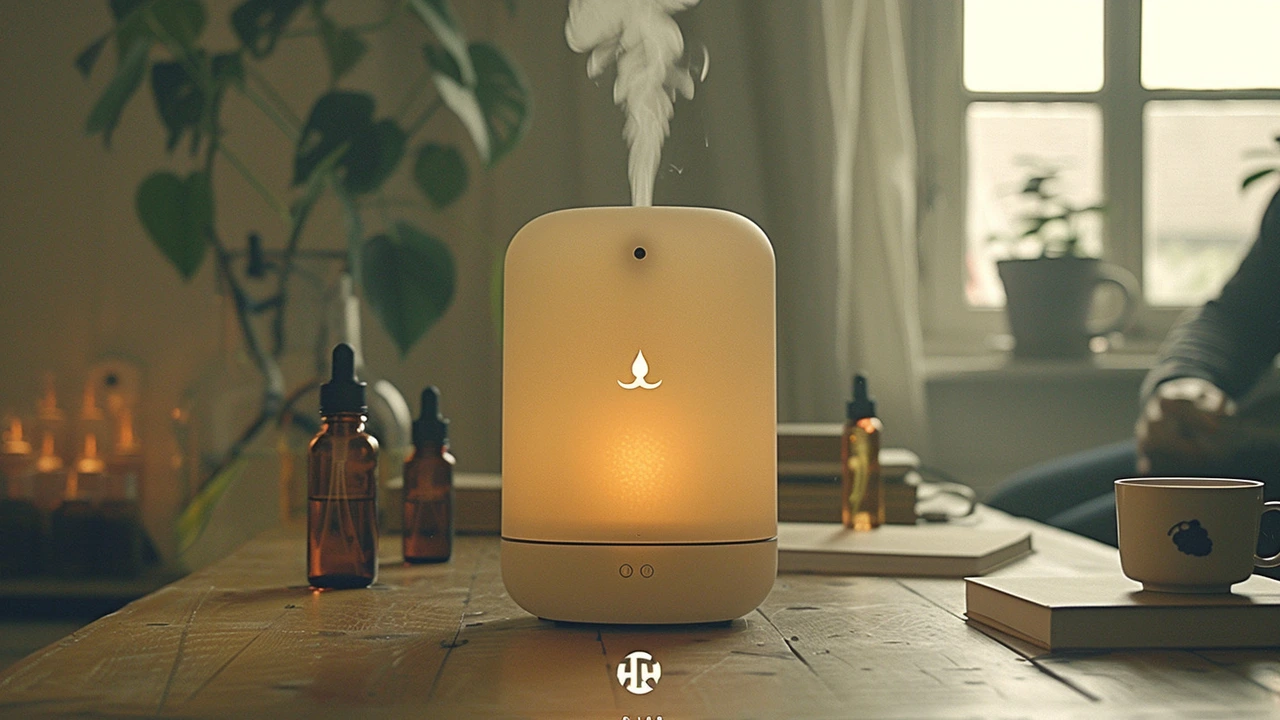A Deep Dive into Aromatherapy
At its core, aromatherapy is more than just pleasant scents; it's a holistic healing treatment that uses natural plant extracts to promote health and well-being. Its roots can be traced back thousands of years, where cultures around the globe harnessed the power of plant essences for medicinal purposes. Fast forward to the present, and scientists are now uncovering how these essences—essential oils—impact the brain and body.
One fascinating aspect of aromatherapy is its ability to influence the limbic system, the part of the brain that controls emotions and memory. When we inhale essential oil molecules, they interact with receptors in the olfactory system, sending signals directly to the limbic system. This can prompt immediate emotional responses, which is why certain scents can instantly make us feel calmer or more uplifted.
In a recent study, lavender oil was shown to significantly decrease cortisol levels, the body's stress hormone, highlighting the tangible effects these oils can have on our physical state.
Top Essential Oils for Anxiety and Depression
While there's a myriad of essential oils available, not all are created equal when it comes to managing anxiety and depression. Lavender tops the list for its calming properties; it's been extensively researched and consistently shows benefits for sleep and anxiety. Bergamot is another heavy-hitter, with studies indicating its potential to reduce stress and improve mood.
Frankincense, often referred to as the 'king of oils', has a grounding effect that can be particularly beneficial during moments of emotional turmoil. Meanwhile, ylang-ylang can encourage feelings of ease and uplift spirits. It's important to note, however, that the effectiveness can vary from person to person.
For those beginning their aromatherapy journey, starting with these oils can be a great way to explore their personal reactions and benefits.
Integrating Aromatherapy into Daily Life
Incorporating aromatherapy into daily routines doesn't require elaborate setups or significant changes. Simple methods like diffusing chosen oils in living spaces, applying diluted oils to pulse points, or even inhaling directly from the bottle can offer moments of relief and tranquility.
Patrick, my spouse, often mentions how a quick whiff of peppermint oil rejuvenates his focus during long working hours. Similarly, a relaxing blend of lavender and chamomile in our bedroom has become a cherished part of our nighttime routine, aiding in a good night's sleep.
It's critical, however, to prioritize safety, especially when applying oils topically. Always use a carrier oil to dilute essential oils and perform a patch test to rule out any allergic reactions.
The Science Behind the Scents
While anecdotal evidence abounds, the scientific community has taken an interest in validating the claims surrounding aromatherapy. Numerous studies have detailed how certain oils can activate the brain's neurotransmitters, like dopamine and serotonin, which play key roles in mood regulation.
Yet, it's important to approach this topic with an attitude of curiosity and skepticism. Not all claims made about essential oils are backed by rigorous research, and the industry lacks standardization. This calls for a discerning approach to choosing products and a critical eye toward sources of information.
Ultimately, while aromatherapy offers a promising complementary approach to anxiety and depression management, it should not replace conventional treatment methods. Always consult with a healthcare professional before introducing any new treatment into your regimen.






